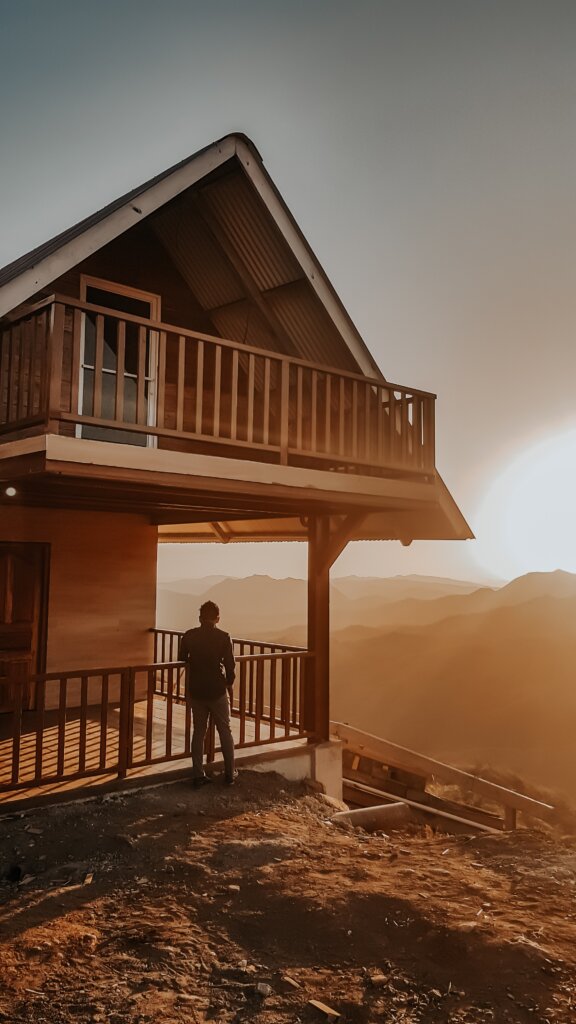Owning a piece of rural vacant land offers a sense of freedom and a myriad of possibilities. From building a cozy cabin retreat to establishing a small-scale farm, the options can seem endless. However, even in these more remote settings, certain regulations and considerations will dictate what you can and cannot do. Here, we delve into these to guide potential rural builders.

1. Rural Zoning Laws: Land Use in the Countryside
While less dense than urban counterparts, rural areas still have zoning regulations. These are in place to ensure sustainable and harmonious land usage.
Some Types of Rural Zoning:
- Agricultural: Primarily for farming or ranching. This could encompass livestock, crops, or both.
- Rural Residential: Intended for single-family homes, perhaps with larger lot sizes than urban residential zones.
- Forest and Conservation: For areas with significant natural features, ensuring that they are preserved.
- Resource Lands: Designated for resource extraction like mining or logging.
2. Building Codes
Even in rural settings there are usually building codes enforced by the county. While you might have more flexibility and fewer neighbors to consider, building codes are designed ensure that any structures are safe, particularly in the face of local environmental challenges.
These can cover:
- Foundations and structural design, especially relevant in areas prone to flooding or landslides.
- Fire safety, especially in regions susceptible to wildfires.
- Sustainable waste management, given that many rural properties may not have access to public sewer systems.
3. Covenants: Agreements Between Neighbors
While zoning laws and building codes come from local governments, covenants are typically agreements between property owners in a specific community. Often found in planned communities or subdivisions, covenants, also known as “restrictive covenants,” set rules about what can and cannot be done on a property.
Examples include:
- Architectural guidelines (e.g., all houses must be brick, homes must be at least 1000sq ft, etc.).
- Restrictions on the type or number of vehicles that can be parked outside.
- Regulations on landscaping or exterior decorations.
Covenants are often put in place to maintain property values and ensure aesthetic uniformity in a neighborhood.
4. Rural Restrictions: Considerations for Vacant Land
Owning vacant land doesn’t always mean a blank canvas. Certain restrictions and responsibilities can come into play:
- Water Rights: Especially in arid regions, there might be stipulations about accessing and using natural water sources.
- Easements: Even in the countryside, utility companies or neighboring properties might have rights to use parts of your land.
- Wildlife Conservation: In areas with endangered or protected species, there might be limitations to ensure their protection.
- Agricultural Restrictions: Some parcels, while zoned agriculturally, may have stipulations regarding the type or intensity of farming allowed. This can be due to soil conservation efforts or watershed protection.
- Access: Ensure you have legal access to your property. In rural settings, not all roads are public, and you may need an agreement with neighboring landowners.
5. Beyond Restrictions: Perks and Opportunities
Rural vacant lands can also offer some unique benefits:
- Agricultural Exemptions: In many regions, if land is used for farming or ranching, there might be tax breaks or subsidies available.
- Conservation Grants: For those keen on preserving natural habitats, there could be financial incentives or grants available.
- Alternative Building Techniques: With more space and fewer neighbors, rural land often provides opportunities to explore alternative building methods like straw-bale construction or earth-sheltered homes.
Conclusion
Building on rural vacant land can be a dream come true for many. The opportunity to craft a sanctuary amidst nature or to cultivate the land is enticing. However, it’s essential to be informed about the regulations and considerations that come with such ventures. Doing so ensures that your rural dreams don’t become bureaucratic nightmares. Always check with local county or township offices before embarking on any projects to make informed decisions.

